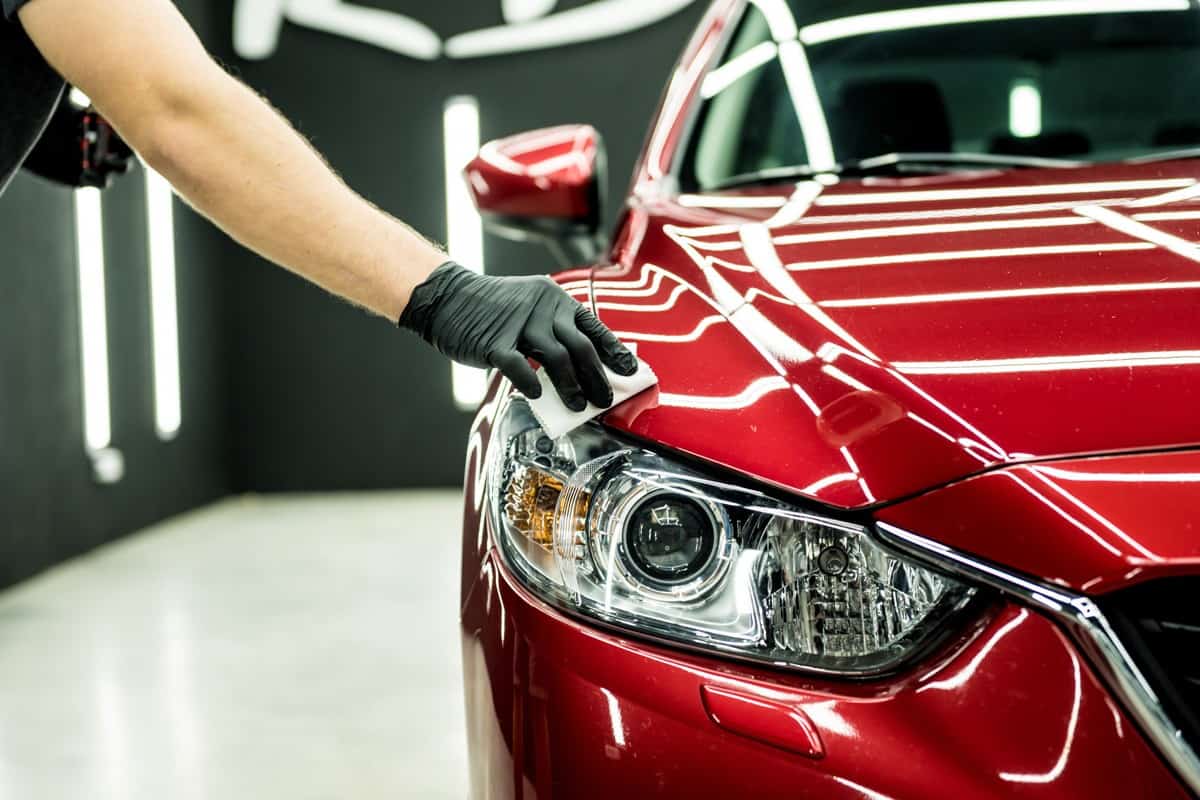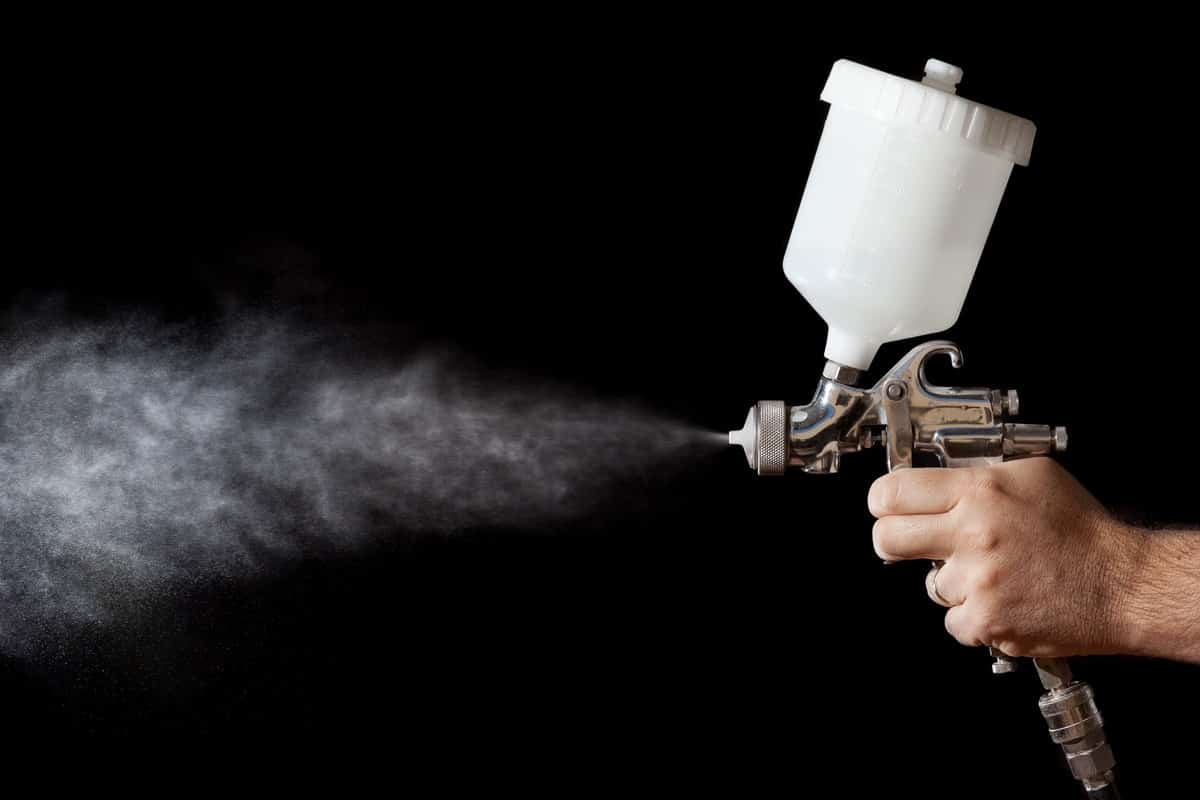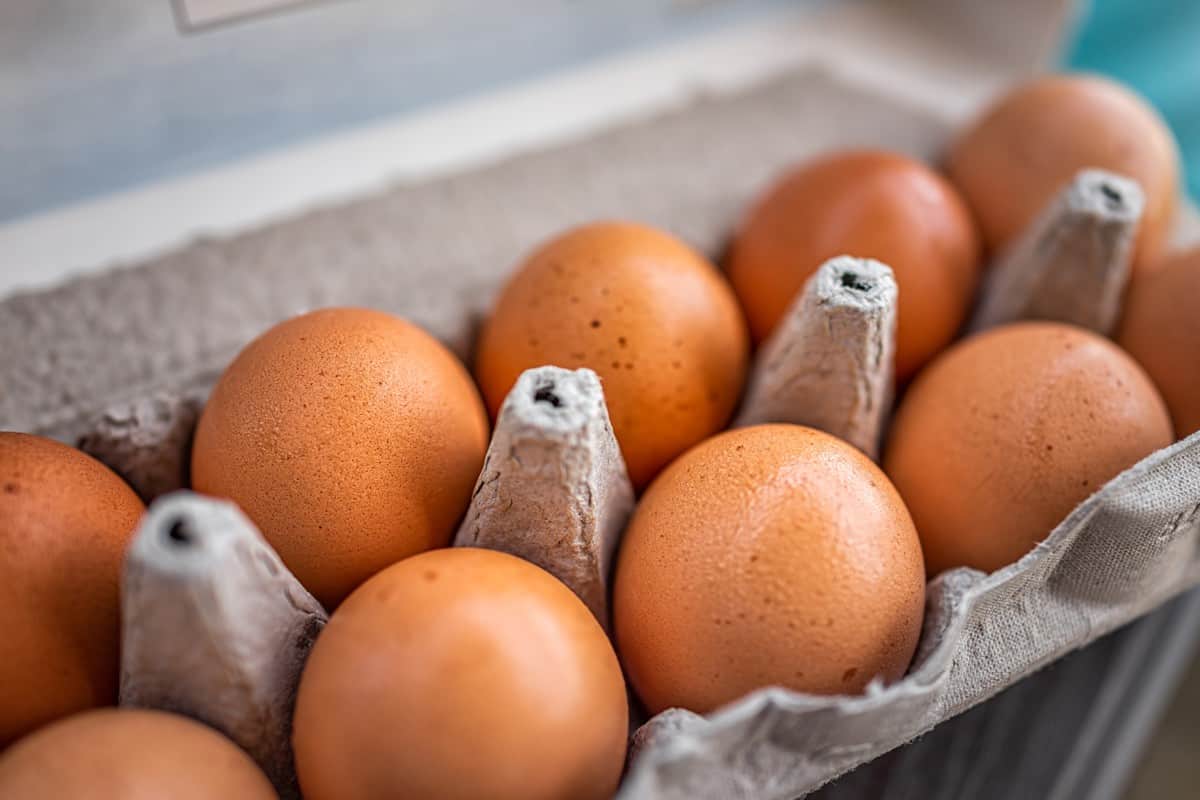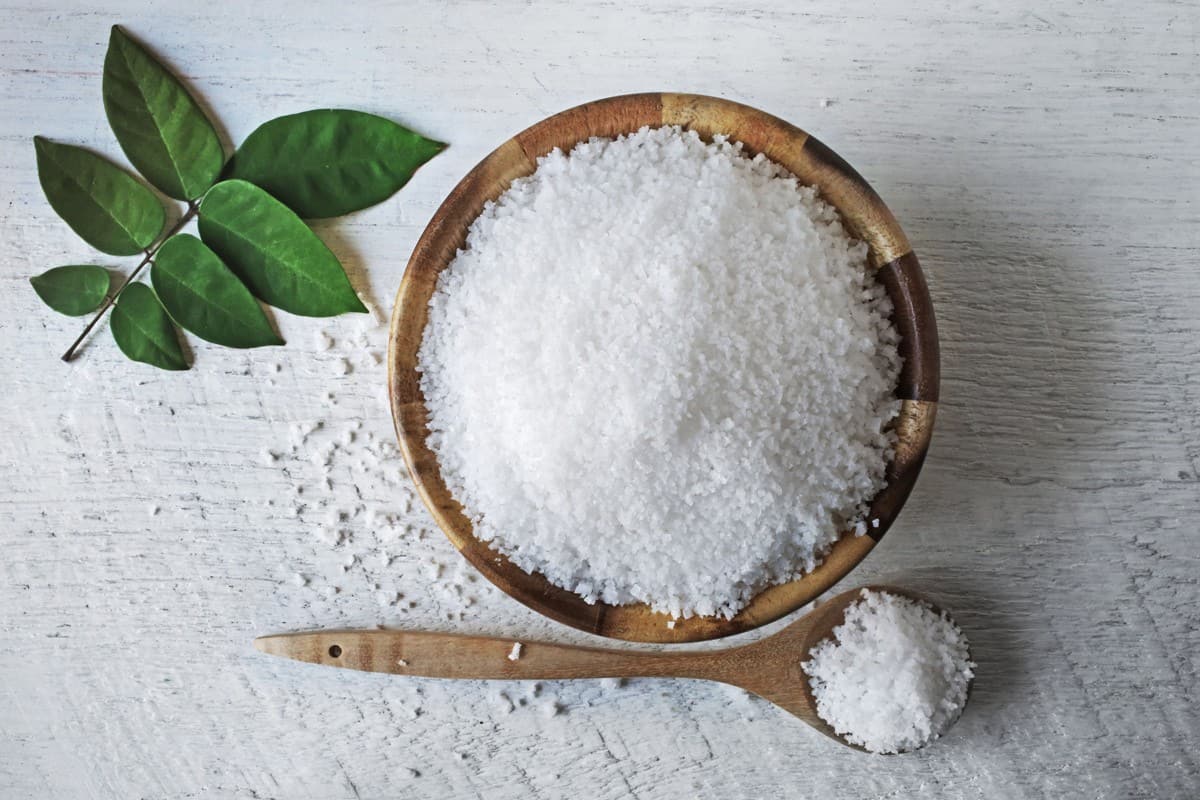We all know how important antifreeze is to our vehicle, specifically to the engine. It helps regulate and control the rise and fall of engine temperature. But have you ever wondered if it can damage your car's paint if ever it gets in to contact with it? And if so, how to fix it? We've researched this to learn more and share the answers with you.
In general, car fluids can damage your car paint, but it will not do any harm if you quickly get rid of it, particularly antifreeze. Use soap and water to wash away the antifreeze and to prevent any stains on your vehicle's paint job.
Most new cars will have protective coatings on its paint that will help preserve its color in situations like this. However, this coating wears off as time goes by.
Want to learn more about the topic? Continue reading as we discuss other additional topics, such as other fluids that can damage your car paint, whether or not coolant expires, and more. We will also be suggesting some informative and helpful write-ups at the end of this post. So what are you waiting for? Let's go straight to it!
![Pouring antifreeze. Filling a windshield washer tank with an antifreeze in winter cold weather. , Does Antifreeze Damage Car Paint? [And How To Fix It]](https://vehq.com/wp-content/uploads/2022/10/29.-Does-Antifreeze-Damage-Car-Paint-And-How-To-Fix-It.jpg)
How do you remove antifreeze from car paint?

If by any accident you splash or pour antifreeze into your car paint, do not worry, as it is fairly easy to remove it. Luckily, antifreeze is water-soluble and can easily be cleaned with water and a little soap. This also applies when you accidentally spill it on the driveway.
Almost all, if not all, vehicles will have a clear coat of paint applied as the final coat. It is painted after the primer and the pigment paint. This clear coat paint doesn't only offer shine and gloss to the finish of the car but also an extra protective layer from the actual color paint.
Because of this coating, the antifreeze should easily come off your vehicle's paint with water. We still recommend using a light soap, like dishwashing detergent or car shampoo, to thoroughly wash it away, and, at the same time, clean your vehicle.



Click here to see car shampoo on Amazon.
This is not the case with old and vintage cars. Cars manufactured in the 80s and earlier would react differently if antifreeze accidentally gets in contact with its paint job. This is due to the usage of ethylene glycol in older vehicles and it being highly reactive to antifreeze compared to the propylene glycol in modern paint.
It is also true if you have had the car for years now. Due to its constant exposure to the elements and weathering, the protective coating will wear off over time. Big culprits are acid rain and parking your car in the open, mainly if you leave it like this for some time.
It's important to note that antifreeze could possibly leave stains on your vehicle. This would mainly occur if it's not immediately cleaned and dried. The good thing about an antifreeze stain is that it's not necessarily permanent when the right course of action is taken.
What ruins car paint instantly?

Now that we know antifreeze will not ruin your car's paint for the most part, here are some that will. Be on the lookout for things on this list, as this will help you preserve the paint of your vehicle.
Vehicle Fluid
Yes, vehicle fluids are essential. Such fluids include gasoline, diesel, brake fluid, transmission fluid, and engine oil. Although necessary for your vehicle to operate, they are harmful and could damage your car's paint if they get in contact with it.
That is why, when handling these fluids, it is important to be careful, particularly with brake fluid, as it can easily damage and stain the paint of your car. But as we have already discussed, current paint jobs have come a long way in providing clear coat protection that will prevent instantaneous damage.
For example, new cars will not immediately get damaged if fuel accidentally spills out while you are topping off at a gas station. But if you ever experience this, quickly wash the affected area with water and mild soap to eliminate the spilled fuel on your car's paint. The trick here is to remove it as soon as possible. This applies to everything on this list.
Eggs

This might seem like a harmless prank and is one of the most common ones, but egging someone's car can damage its paint job. Egg yolk, when dried up, can be very difficult to remove.
Not only that, but the shattered egg shells could easily scuff the paint and leave scratches. So if you ever plan to try this on someone else's car, think twice, as this can damage the vehicle's paint.
Bird Droppings
This is a very common experience, especially fpr people who live near areas where birds perch and nest. Bird droppings are
highly acidic, and if left for hours on a car, specifically if it is hot outside, they will cause permanent damage to the paint and even on your windshield.
Studies even show that for as short as
3 minutes, bird droppings can cause serious damage to your vehicle's paint job. That is why, once you see one, immediately remove it with water and soap. If it has already dried up, take your vehicle to a local car detailer.
Salt

Salt is one thing that you should be careful of. It is corrosive and can cause rust on your vehicle. That is why vehicles that frequently drive near the ocean rust quicker than those that don't.
Salting the roads is also very common during winter time, particularly in states that endure long seasons of snowy and icy conditions.
These salt particles can latch on passing vehicles and, if uncleaned, may cause damage to your paint in the long run. If you know that you have driven on a road with salt, a quick wash will help to get the salt particles off your car's paint.
Acid rain
Acid rain is the product of sulfur oxide and nitrogen oxides being released into the atmosphere. When it rains, it makes the droplets acidic, hence the term. This damages vehicle paint and even windshields. These acids come from burning fossil fuels and the emissions emitted by vehicles.
Acid rain affects your paint job by slowly wearing on your clear coat and discoloring the paint on your vehicle. If you have noticed that your car is not as shiny as it was, then you are probably a victim of acid rain.
This is more common if you leave your car parked in the open without any protection from the sun and rain. But luckily, there are acid rain removers that you can apply to your vehicle.


Check this acid rain remover on Amazon.
Sap
As you know, tree sap is very sticky and impossible to remove if it gets on your clothes. The same goes for your car. Tree sap, over time, shrinks and settles on your car's paint. Once you see it on your car, immediately remove it with rubbing alcohol or mineral spirits.



Check out this mineral spirit cleaner from Amazon.
How to properly dispose of antifreeze?
To properly dispose of an engine coolant, do not spill it on the ground or in your sewers as these are highly contaminating chemicals that can pose big health issues and prove detrimental to environmental wellness. It is a pollutant that could not only harm humans but other life forms as well. We recommend disposing of it at your local chemical recycling center.
You should remember that antifreeze is poisonous, even in small amounts. It might not harm your car paint but it can surely harm you. That is why, when disposing of it, we recommend using safety equipment such as gloves and a mask to avoid skin contact and inhalation.
For more useful tips on this matter, check out this article: Is Engine Coolant Flammable? [Including Safe Handling Tips]
A Quick Recap
Antifreeze will not damage your car's paint, but it is recommended that if you accidentally get it on your vehicle, immediately wash it off with water and soap. Antifreeze is also water-soluble; this means that if you see it staining other places like as your driveway, it can easily be removed the same way.
Other vehicle fluids such as brake fluid can easily damage you car paint. The simplest solution is to immediately remove them as prolonged contact with your vehicle can cause permanent cosmetic damage to it.
We hope that this article has helped you in your query. For more vehicle related posts, check out the links below:





![Pouring antifreeze. Filling a windshield washer tank with an antifreeze in winter cold weather. , Does Antifreeze Damage Car Paint? [And How To Fix It]](https://vehq.com/wp-content/uploads/2022/10/29.-Does-Antifreeze-Damage-Car-Paint-And-How-To-Fix-It.jpg)


